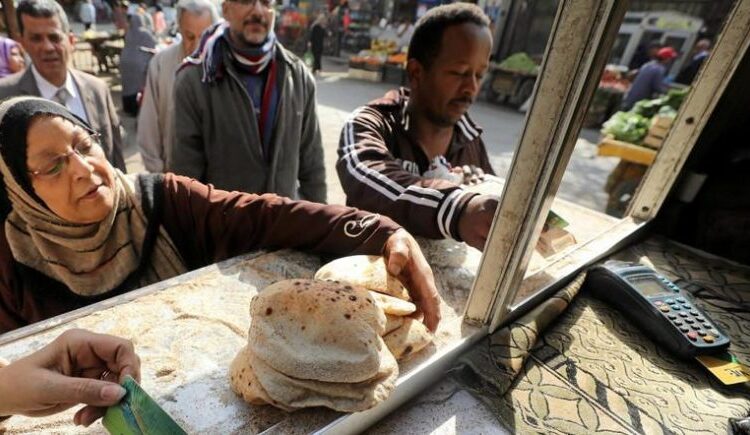The Egyptian state has managed to lay the foundations of an integrated social protection system, providing many forms of support and empowerment to the neediest groups nationwide. The move came in line with the political leadership directives to reduce the financial burdens on the underprivileged citizens, especially in light of the negative economic and social impacts resulting from successive global challenges and crises.
The government has launched a sizable number of social programmes and presidential initiatives to assist the vulnerable cope with the repercussions of the current economic challenges.
The Cabinet Media Centre published a report on Monday highlighting the state’s continuous efforts to enhance social protection packages and charitable works, in co-operation with non-governmental organisations (NGOs).
The report dealt with the financial package to improve the salaries of state workers and pensioners to face the difficult economic conditions, as the estimated cost for it amounts to 190 billion pounds.
The government is working hard to expand the food outlets across the country to provide commodities at reduced prices, according to the authors of the report.
It indicated that the state has allocated around 100 billion pounds this year to provide basic staples at reduced prices, in addition to about 54 billion pounds for subsidized ration cards, and about 45 billion pounds as an additional support for petroleum materials (diesel and butane).
The report touched on the national project for the development of Egyptian rural villages (Decent Life), launched in January 2019, with the aim of developing the poorest villages nationwide.
The initiative aims at improving standards of living, infrastructure, and services and targets 60 per cent of Egypt’s 102-million population who live in 4,658 villages across the country.
“The UN considers this initiative to be one of the best in applying programmes for sustainable development worldwide, based on international standards for fighting poverty and gender equality,” the cabinet report said.
The report stated that the national project to develop the Egyptian rural areas was launched in July 2021, targeting 4,584 villages in 22 governorates, while the estimated cost of improving the quality of life of about 60 million citizens living in the Egyptian countryside is about one trillion pounds.
The report drew attention to the stages of implementing the Decent Life project, as the first phase was implemented in 2021/2022, with 52 districts, while the second phase was implemented in 2022/2023 with 60 districts, and the third phase in 2023/2024 with 60 centres.
The report sheds light on the National Alliance for Development of Civil Work, launched in March 2022.
It includes 34 institutions, in addition to the General Federation of NGOs. The alliance has offered assistance to about 30 million citizens of the most deserving, according to the cabinet media centre, pointing out that it is intended to provide 14 billion pounds for charitable work during 2023.






Discussion about this post